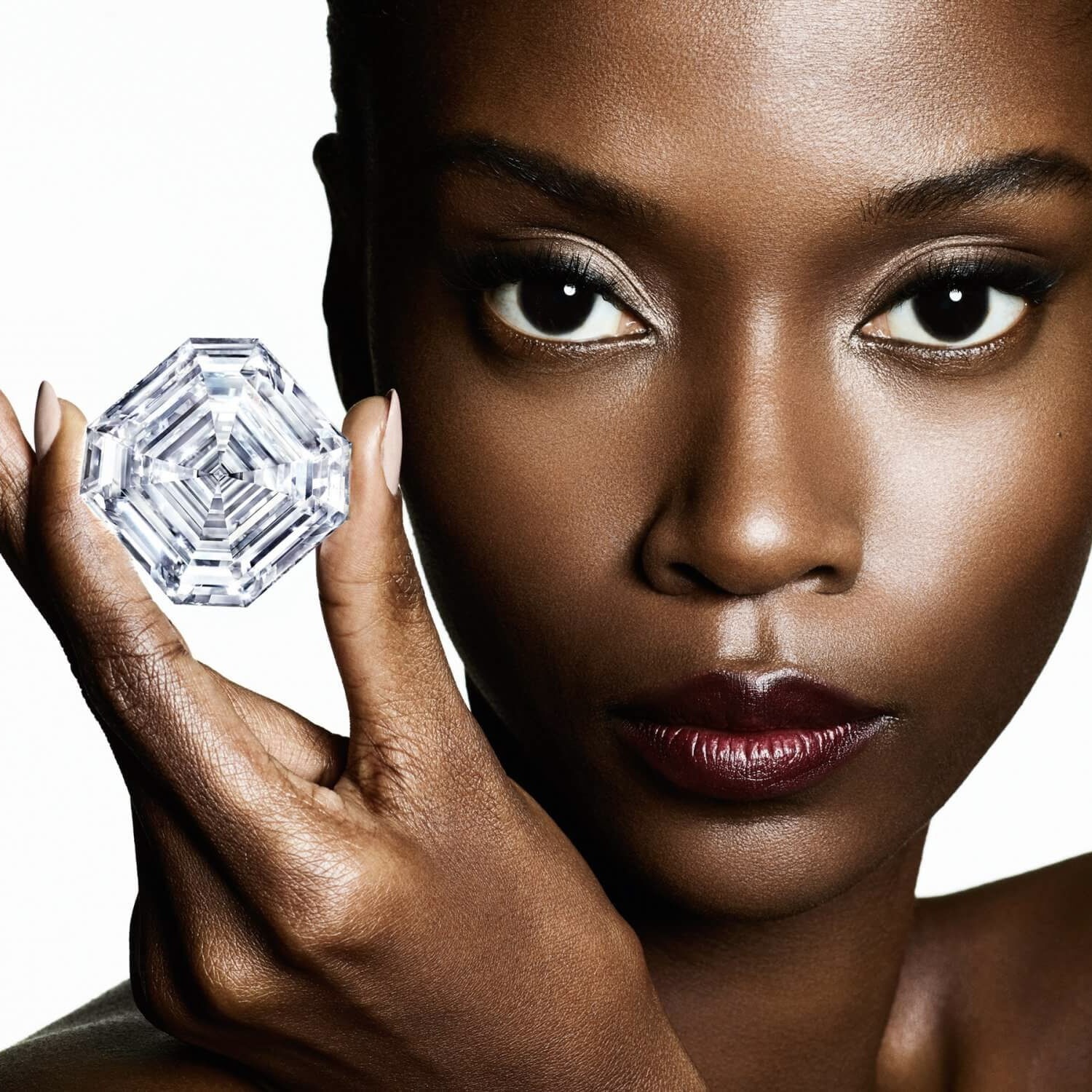This New Discovery Has Changed Diamond History
The 2,492-carat diamond is now the second-largest diamond ever discovered and the biggest diamond found in 120 years.


In a monumental discovery that has captured the world’s attention, Lucara Diamond Corp. has unearthed a colossal 2,492-carat diamond from its Karowe Diamond Mine in Botswana. This gem, one of the largest rough diamonds ever found, reminds us of the beauty and power of Mother Nature. For Botswana, a country whose economy is deeply entwined with diamond production, this discovery is more than just a stone— it’s an exciting symbol of their bright future.
The discovery of this extraordinary diamond instantly draws comparisons to the legendary Cullinan diamond, the largest diamond ever unearthed at a staggering 3,106 carats in 1905. The Cullinan, found in South Africa, was eventually cut into multiple gems, some of which now adorn the British Crown Jewels. The 2,492-carat diamond discovered at Karowe is now the second-largest diamond ever discovered and the biggest diamond found in 120 years.
The extraordinary find is made possible by Lucara’s incredible x-ray technology launched in 2017. It allows for the identification and preservation of large, high-value stones that could normally be broken during recovery. The ability to detect and recover such a massive diamond intact showcases the cutting-edge capabilities of modern diamond mining and the incredible potential of the Karowe Mine, which has historically been a source of some of the world’s most significant diamonds.

The importance of this discovery cannot be overstated, not just for Lucara Diamond Corp., but for Botswana as a whole. Natural diamonds are the backbone of the country’s economy, accounting for a staggering 40% of Botswana’s GDP and 90% of its exports. In the 1960s, Botswana was one of the poorest countries in the world. However, thanks to the natural diamond industry, it has transformed into one of the fastest-growing economies globally, boasting the highest GDP per capita in continental Africa.
The significance of the Karowe diamond extends beyond its size and rarity—it is a symbol of Botswana’s diamond-fueled ascent. The natural diamond industry has played a crucial role in the country’s socio-economic development, funding essential sectors such as education and healthcare. The 2,492-carat diamond represents both the extraordinary natural wealth found in Botswana’s soil and the remarkable progress the country has made in harnessing that wealth for the benefit of its citizens.

The 2,492-carat diamond discovered at Karowe is now the second-largest diamond ever discovered and the biggest diamond found in 120 years.
Lucara Diamond Corp. President and CEO William Lamb expressed the company’s excitement over the discovery, stating, “We are ecstatic about the recovery of this extraordinary 2,492-carat diamond. This find not only showcases the remarkable potential of our Karowe Mine but also upholds our strategic investment in cutting-edge XRT technology.”
This latest discovery adds to an already remarkable list of significant finds from the Karowe Mine, including the 1,758-carat Sewelô diamond—remarkable for its size and its black colour, and now owned by Louis Vuitton—and the 1,109-carat Lesedi La Rona, which, due to its colourlessness, is more comparable to this new 2,492-carat marvel. In 2017, British jeweler Laurence Graff paid $53 million for the Lesedi La Rona, later cutting it into the largest, highest-colour, and highest-clarity diamond ever certified by the GIA, weighing 302.37 carats, along with a suite of other diamonds. Each of these monumental finds bolsters Karowe’s reputation as one of the most prestigious diamond mines in the world, a status further solidified by the recovery of the 2,492-carat stone.


The journey of this extraordinary diamond is just beginning. Will it follow in the footsteps of the Lesedi La Rona, finding itself under the hammer at a high-profile auction? Who will acquire this treasure, and what destiny awaits? Could it be transformed into a record-breaking polished masterpiece, or might it remain in its natural, uncut form—touring museums as a breathtaking testament to nature’s raw beauty and power? While the future of this stone is uncertain, one thing is clear: its discovery has indelibly reshaped the narrative of diamond history.
